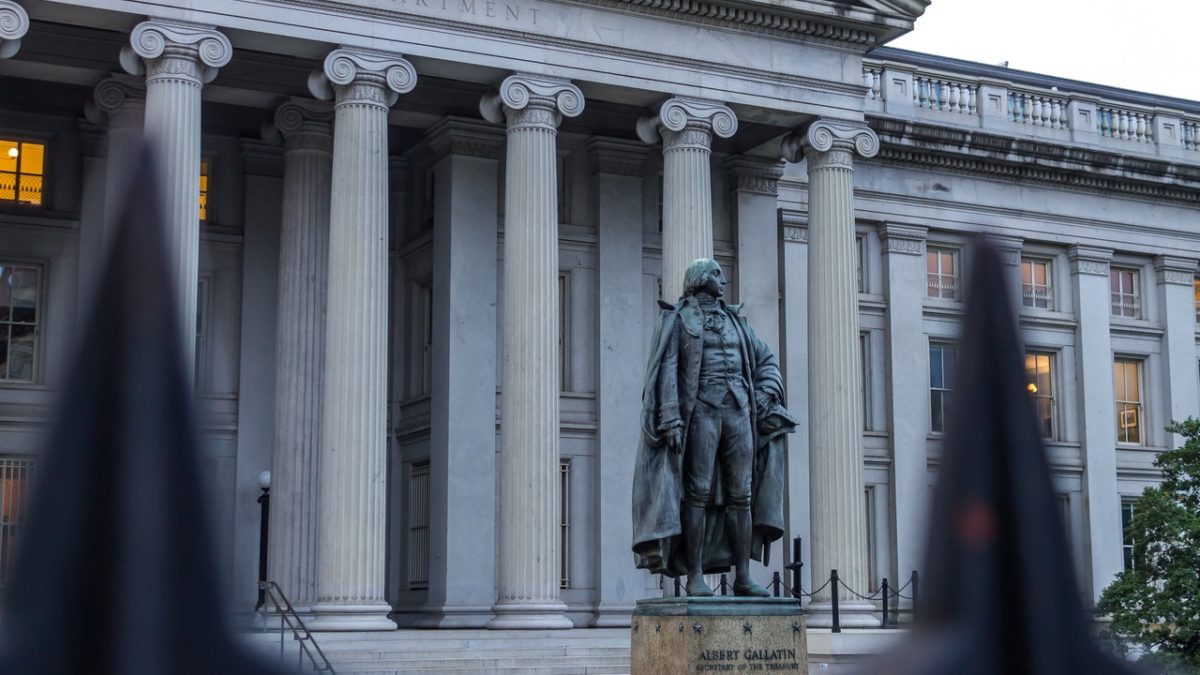- EXPERIENCED LAW FIRM IN TOLEDO, OH
- (419) 662-3100
How Does Ohio Probate Court Work?

Everything You Need To Know About Trusts and Taxes
May 20, 2021
What Are The Valid Reasons To Contest A Will?
June 15, 2021Ohio Probate Court
When someone you care about passes away, dealing with legal paperwork and court proceedings is often the last thing on your mind. However, the probate court plays an important role in ensuring the deceased person’s wishes are honored and their estate is distributed properly.
At Heban, Murphree & Lewandowski, LLC, we understand that probate can seem confusing and overwhelming. Our attorneys have over 150 years of combined experience guiding Ohio families smoothly through the probate process. Let’s learn what probate court entails and how it operates in Ohio, step by step.
What Exactly Does “Probate” Mean in Ohio?
Probate is a legal process overseen by a specialized court responsible for validating a person’s will after they pass away. Simply put, probate ensures that the wishes outlined in a deceased individual’s will are followed correctly and that their assets and debts are managed and distributed legally.
The Ohio probate court examines the validity and authenticity of the will, verifies its contents, and supervises how the assets are distributed to beneficiaries. While most probates are straightforward, there are cases when the authenticity or terms of a will might be challenged—for example, due to suspected forgery or undue influence. These disputes can be resolved through probate court.
If someone passes away without a will—known as dying “intestate”—Ohio probate court follows specific laws to determine how the deceased’s estate will be distributed. Usually, the assets are given first to the surviving spouse, then children and descendants, and then other close relatives. Without a valid will, distribution decisions are entirely in the hands of the state rather than based on the deceased individual’s wishes. This scenario underscores the importance of having a clearly written and valid will.
What Happens When Probate Begins?
Probate proceedings begin when an individual passes away. If there’s a will, the person named as the “executor” is responsible for initiating probate. Often, the executor is a trusted individual or attorney appointed by the deceased to manage their estate. The executor’s duties include numerous essential responsibilities, such as ensuring all debts are accurately identified and paid, notifying beneficiaries, and preparing the necessary court documents.
In Ohio, some typical executor tasks include ensuring debts and taxes owed by the deceased are addressed promptly, notifying beneficiaries clearly about their inheritance, transferring titles and ownership of assets, opening and managing a special estate bank account, and filing a final income tax return on behalf of the deceased person.
Can Probate Court Be Avoided in Ohio?
Many people wonder if probate is always necessary. In Ohio, probate is required for most estates, but notable exceptions exist. Certain types of assets can pass directly to beneficiaries without going through probate court. These exceptions typically include:
-
Assets held jointly with rights of survivorship (such as joint bank accounts or jointly owned homes). These automatically transfer to the surviving owner without probate.
-
Assets with clearly designated beneficiaries include retirement accounts, pensions, and life insurance policies.
-
Real estate properties are designated through a legal “Transfer-on-Death” affidavit or deed.
-
Assets are placed into certain types of trusts, such as a revocable living trust, which bypasses probate entirely.
Ohio’s Simplified Probate for Small Estates
In Ohio, estates of relatively small monetary value may qualify for a simplified probate process. This streamlined option helps save families time, reduce expenses, and lower the estate’s complexity. To qualify for Ohio’s simplified probate process, one of the following must be true:
-
The estate’s total value is under $35,000. The executor must notify the surviving spouse and any heirs and, in some cases, publish a notice in a local newspaper.
-
The entire estate is valued at less than $100,000 and will pass entirely to a surviving spouse.
-
The estate’s total value is under $5,000, so probate may not be required.
An executor can file a written request with the probate court to use this simplified procedure. Even though simplified, documentation of all assets in the estate is still required, such as details about bank accounts, personal property, vehicles, and investments.
Are Wills Public Record in Ohio?
A common question we hear from clients is whether their will become a public document. Before the testator’s (the person who created the will) death, a will remains strictly private. Often, individuals deposit their will with their attorney or directly with the probate court for safekeeping. During their lifetime, the testator alone can access and modify this document.
However, once a testator passes away and the probate process begins, the will becomes a public record in Ohio. This means anyone can review it upon request at the probate court where it’s filed. Some families create trusts—like revocable living trusts—as part of their estate plan to keep certain aspects private, as trusts are generally not public records. Our experienced attorneys can help you decide if this option is right for your family’s privacy concerns.
Compassionate Guidance from Heban, Murphree & Lewandowski, LLC
Navigating probate court can feel stressful, especially when you’re coping with the loss of a loved one. At Heban, Murphree & Lewandowski, LLC, we’re dedicated to guiding families compassionately through the Ohio probate process. With over 150 years of combined experience in probate law, our attorneys provide clear guidance and effective representation, allowing you to focus on what truly matters—your family’s well-being.
If you have questions about Ohio probate, estate planning, or managing a loved one’s estate, please reach out to us. We offer complimentary case evaluations, providing you with clarity and confidence when you need it most.
Contact us —let’s discuss how we can support you through Ohio probate court clearly, compassionately, and effectively.








